AHA vs. BHA: What’s the Difference and Which One Is Right for You



Elizabeth Denton


Gone are the days when we thought exfoliation was just scrubby microbeads (boy, bye!). While there is a time and place for physical exfoliation, oftentimes it’s chemical exfoliators that are best for unclogging pores, sloughing off dead skin cells and improving all over skin texture. Specifically, alpha hydroxy acid (AHA) and beta hydroxy acid (BHA). Each has equally stellar skin benefits, but one may be better for your unique skin type and needs. To get to the bottom of AHAs vs. BHAs, we chatted with LA-based medical aesthetician Candace Marino. Keep scrolling for a breakdown of the differences between both hydroxy acids so you can reap all the skin brightening benefits.
It's about glam time you treated yourself.
Join IPSY

MEET THE EXPERT
Candace Marino is a Los Angeles-based medical esthetician. Her clients include Kourtney Kardashian, Miranda Kerr, and Chloë Grace Moretz.
What Are BHAs?
First, let’s start with the big guns: beta hydroxy acids. The most common type that you’ve probably used is salicylic acid, which is derived from willow bark. “Because BHAs are oil soluble, they are able to easily penetrate lipids and reach a deeper level of the skin,” says Marino. It gives a slightly more intense chemical exfoliation when it comes to skin care. You can find BHAs in cleansers, masks, toners, and even moisturizers, like GOLDFADEN MD Detox Hydrating Gel BHA Skin Balancing Moisturizer.
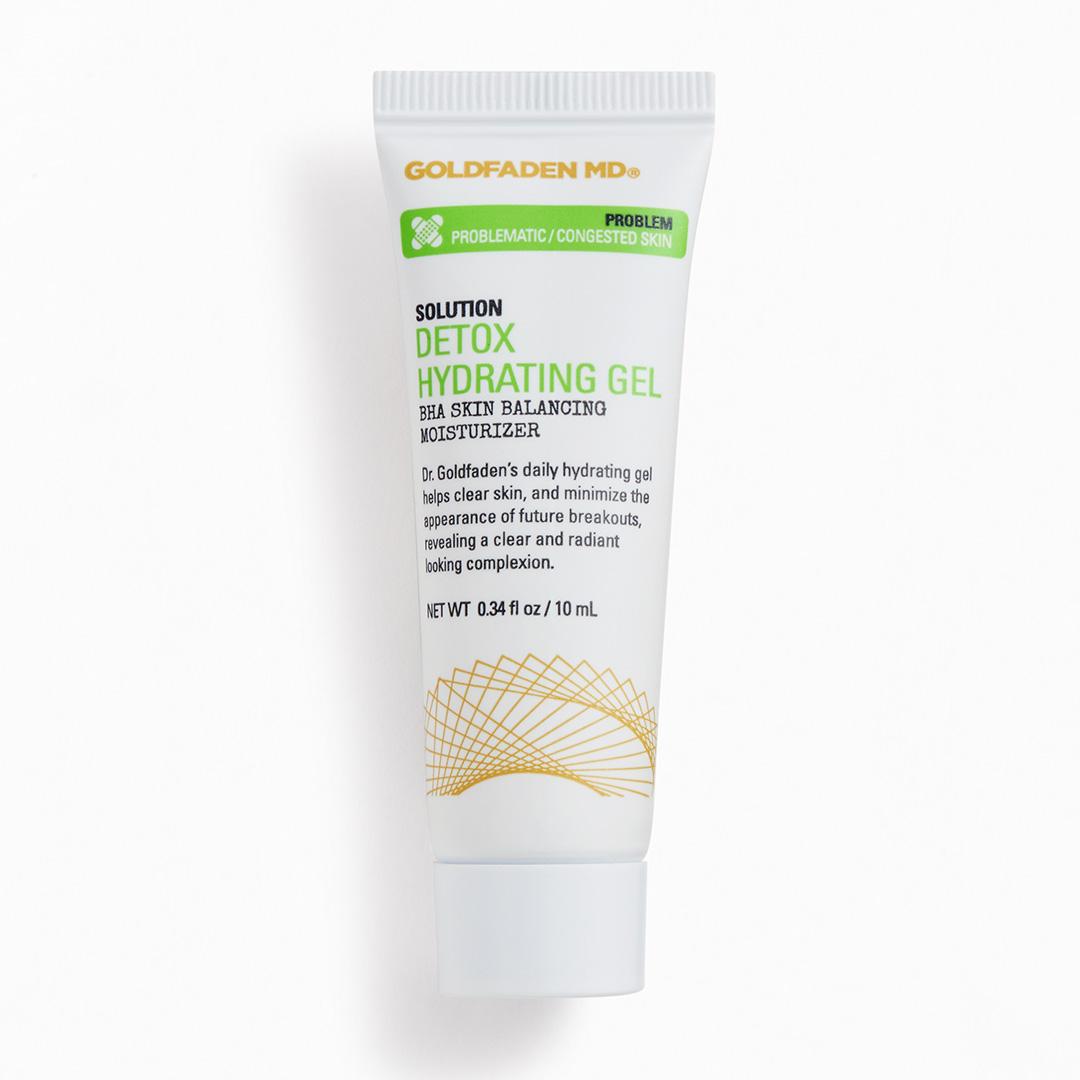

What Are the Benefits of BHAs?
“BHAs dissolve excess oil build-up and help control blackheads and breakouts,” says Marino. That makes them, and salicylic acid specifically, great for fighting acne and excess sebum. In addition to being incredible breakout-fighters, BHAs also can help even out your skin tone (bye, acne marks! See ya, sun damage!) by sloughing off those dead skin cells. And like AHAs (we’ll get to those), BHAs help reduce inflammation, as well as the appearance of pores and fine lines and wrinkles. Yes, they’re that good. But are they for you?
What Skin Types Can Use BHAs?
Well, all skin types can use BHAs but some will benefit more than others. “If someone is extremely dry, without any pore activity, they're likely to benefit more from an AHA,” says Marino. “Any oily to acneic skin type is going to benefit most from BHAs’ oil-regulating properties.” If you find your skin producing more oil than you can keep up with, as well as blackheads, milia, and overall pore congestion, BHAs will be your BFF.
Those with sensitive skin can still use BHAs such as salicylic acid but sparingly and always followed by hydrating products. If you’re not sure how your skin will react, try using just a pea-sized amount once a week until you build up to every other day.
What About AHAs?
On the gentler side of the spectrum, alpha hydroxy acids also offer chemical exfoliation but are water soluble and go less deep into the pores. “Many are derived from sugars,” explains Marino. “Glycolic acid is from sugarcane, lactic acid from milk, mandelic acid from bitter almonds, malic from apples, and tartaric acid from grapes.” Yup, there are many kinds of AHAs, but glycolic acid and lactic acid are the most popular. And for good reason (find a combo of both in the Ipster-fave).
What Are the Benefits of AHAs?
“AHAs break down the chains of cellular debris to improve skin texture, which allows for better hydration,” says Marino. “In order to truly hydrate the skin, the skin must be exfoliated.” Just like BHAs, they get rid of pesky dead skin cells and help even skin tone, as well as reduce the appearance of pores, fine lines, and wrinkles. They’re just a little more gentle and often leave skin feeling even-textured and plump.
What Skin Types Can Use AHAs?
Any skin type can generally tolerate an AHA but those with mild hyperpigmentation, like age spots, melasma, and acne scars, are likely to see a big difference. But not all AHAs are the same. Choose glycolic acid if you’re suffering from breakouts, as its antimicrobial properties can both treat and help prevent acne. On the other hand, lactic acid is a great anti-aging skin care ingredient and can plump and smooth surface-level fine lines and wrinkles.
When Should You Choose an AHA vs. BHA?
As you can see, AHAs and BHAs are pretty similar but just have slightly different uses as one is water soluble and the other is oil soluble. You can’t go wrong with either but they do focus on different things when it comes to skincare. “AHAs are going to be targeted for age concerns like fine lines, wrinkles, and surface texture, while BHAs help to address oily and acne prone skin due to their ability to penetrate deeper in the skin and dissolve oil,” says Marino.
Many of us have more than one skin concern. What do you do if you have both wrinkles and pimples? “Both forms may be necessary, and yes, they may be used together since both AHAs and BHAs are generally well-tolerated,” says Marino. “Many great products contain a combination of AHAs and BHAs and are suitable for all skin types.” MURAD AHA/BHA Exfoliating Cleanser, which uses a combo of chemical and physical exfoliators to reveal softer, smoother skin, is a great example of a product featuring both types of hydroxy acids for max skin benefits.
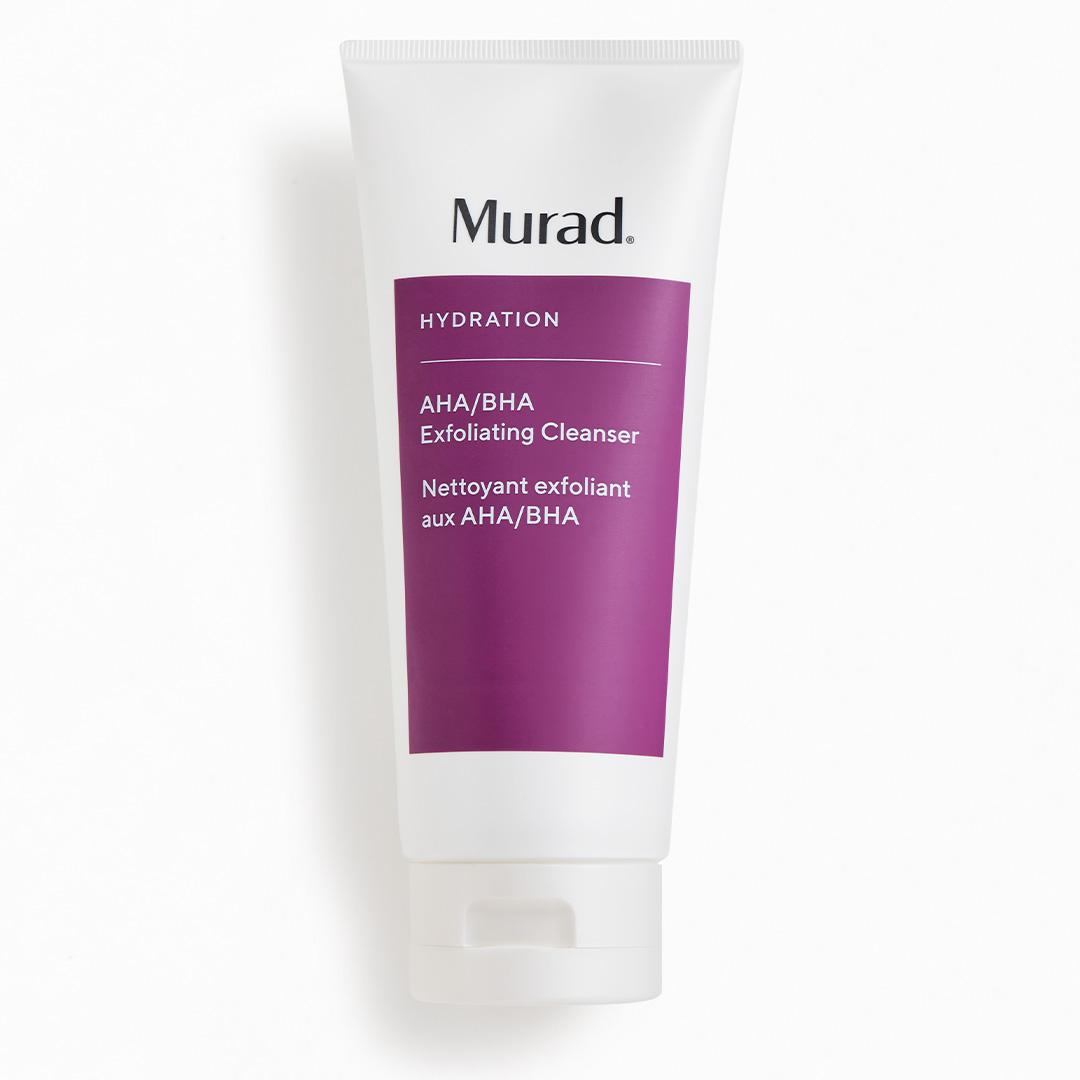

Although hydroxy acids in general sound seriously intense and a bit scary, we know they actually improve skin’s texture giving you a baby-soft face. That doesn’t mean you shouldn’t take care while using them, though. Some people like to use a chemical exfoliator every day, while others can only tolerate them once a week or less. Always start slow so you build up to using more and more and be sure to incorporate sunscreen daily as skin can become more sensitive. (You should be using SPF anyway, of course).
There’s a reason most—if not all—of us can benefit from using an AHA and/or BHA. Even if you have almost flawless skin, chances are you suffer from at least the occasional pimple, fine lines, clogged pores, or just an increase of sebum. Exfoliating the top layer of your skin is the key to getting the kind of skin people stare at. Try hydroxy acids in a mask, cleanser or any other skin care product your heart—or skin—desires.
Want to try all the latest and greatest in SPF skincare? Take our Beauty Quiz now to get started. Already an Ipster? Refer your friends to earn points, which you can use toward products. Either way, don’t forget to check us out on Instagram and Twitter @IPSY.
Like this article? Share it with your friends by clicking the icons below!
Liked this post? Share!
Related Stories
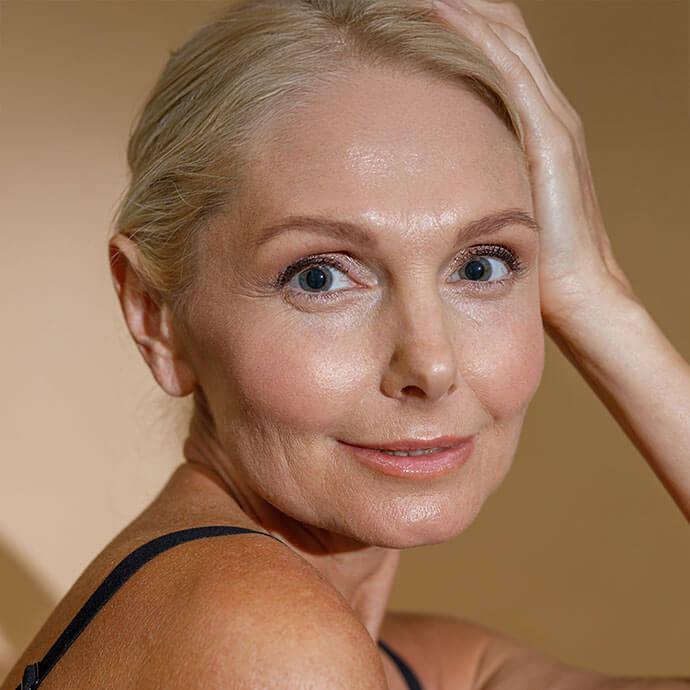
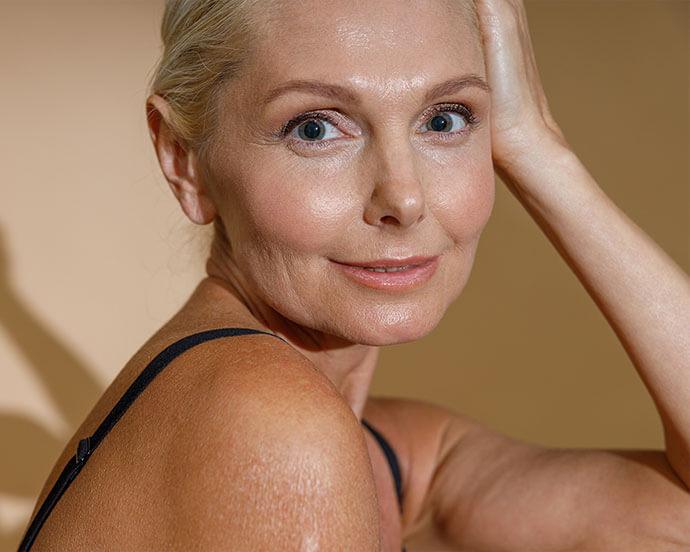
Skin
This Is How People Are Using Retinol Without Peeling
Published on Feb 3, 2026 • 5 min read

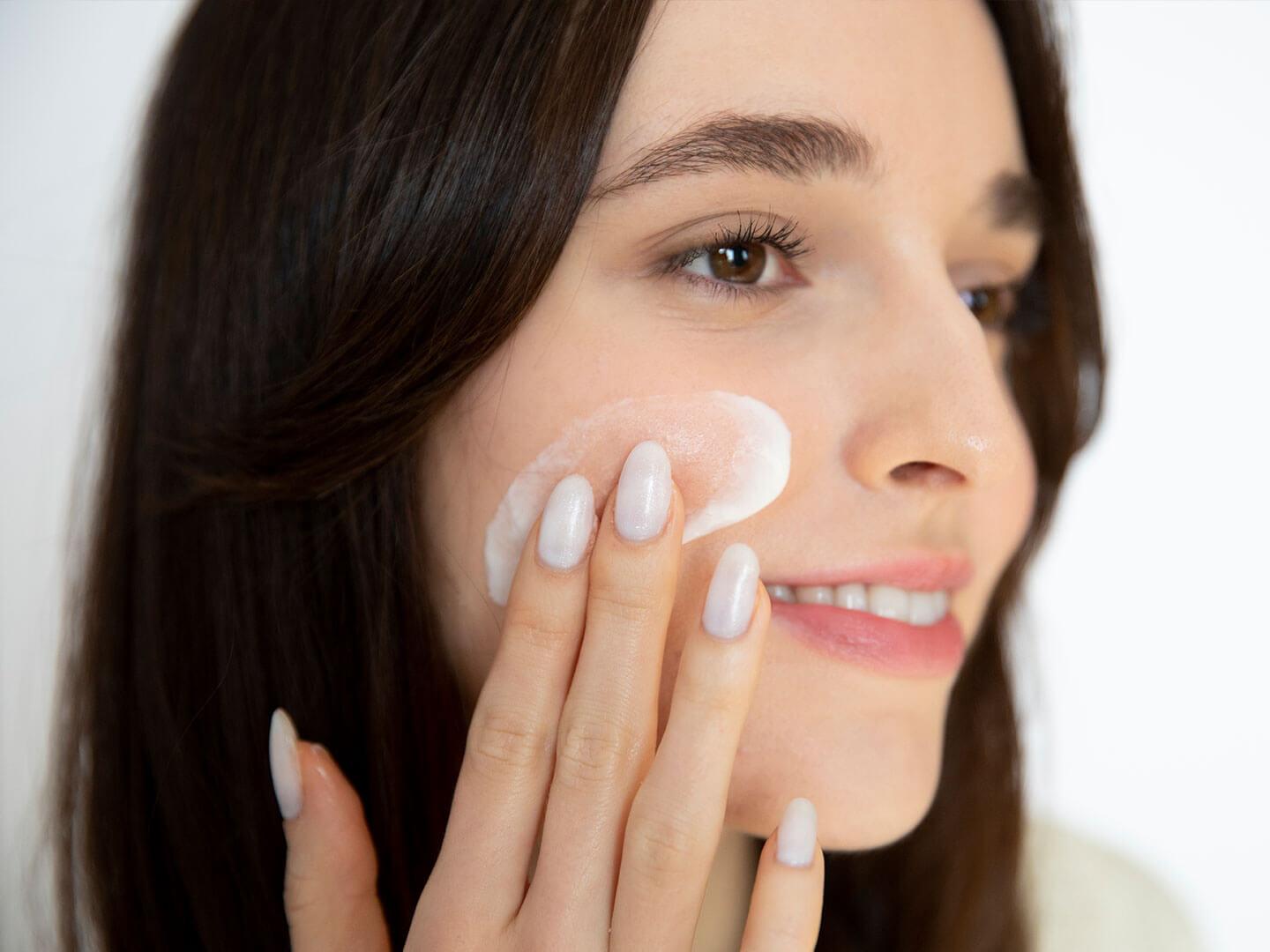
Skin
The 10 Best Barrier Creams for Every Skin Type
Published on Oct 10, 2024


Skin
7 Expert-Backed Hacks to Fix Your Skin Barrier
Published on Nov 27, 2024 • 5 min read

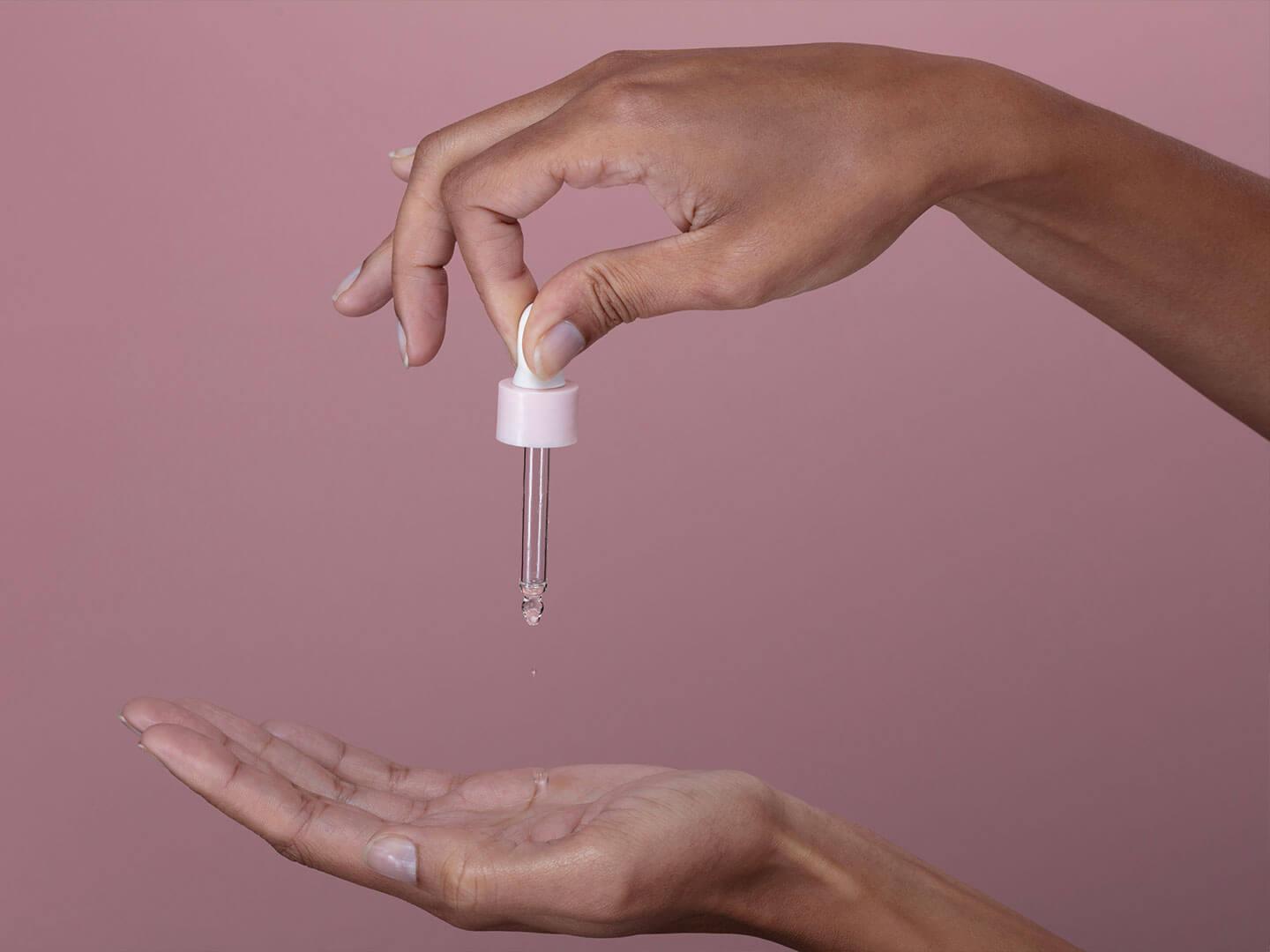
Skin
Your Step-By-Step Guide to the Perfect Morning Skincare
Published on Sep 11, 2024


Skin
Sensitive or Reactive? Let’s Get Real About What’s Going On With Your Skin
Published on Feb 3, 2026 • 5 min read


Skin
What Is Reactive Skin and How Do You Treat It? Our Expert Weighs In
Published on Feb 3, 2026 • 5 min read

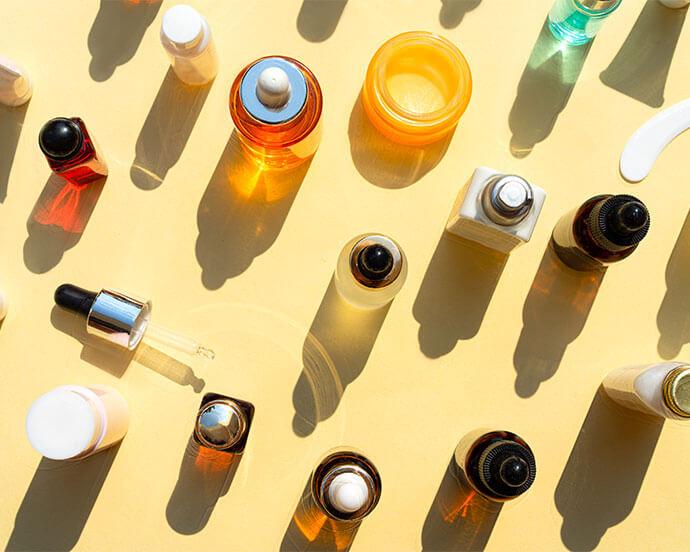
Skin
Should Skincare Hurt? Experts Say Stop Using Your Product If This Happens
Published on Feb 3, 2026 • 3 min read
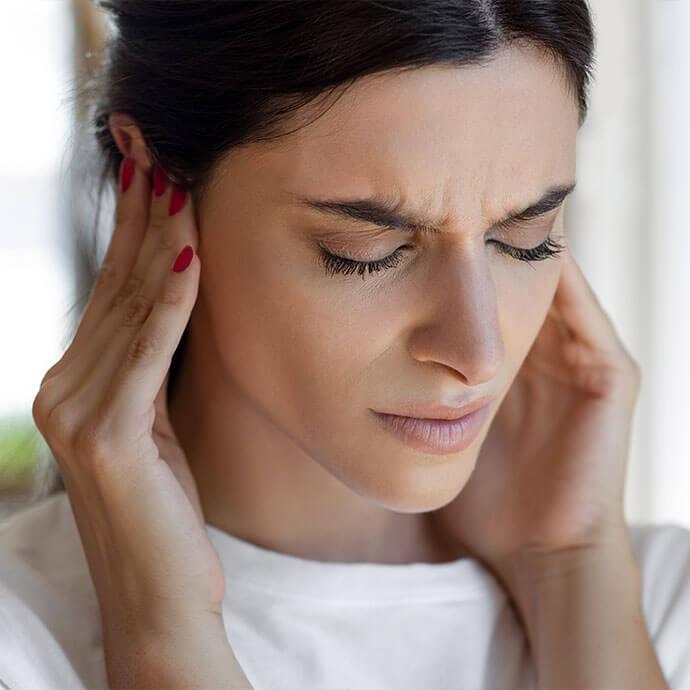
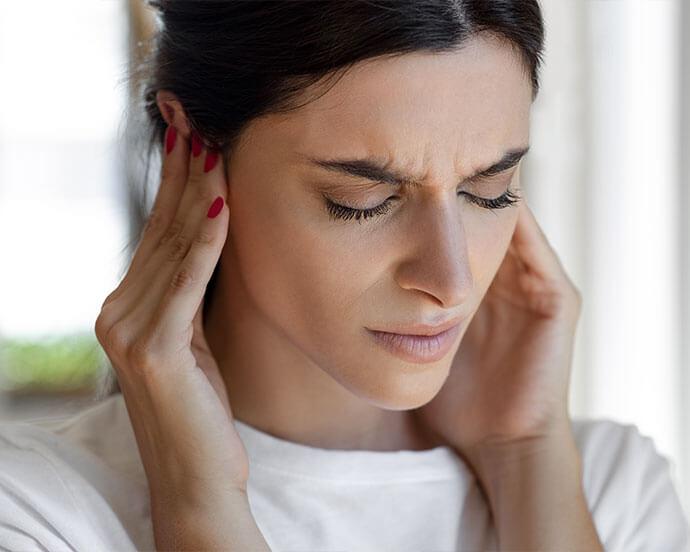
Skin
What Does Stress Do to Your Skin? Experts Weigh In
Published on Feb 3, 2026 • 9 min read


Beauty Picked Just for You
Get 5 products worth up to $70
Plus exclusive access to epic deals up to 80% off
Starting at just $14/month. Cancel anytime.